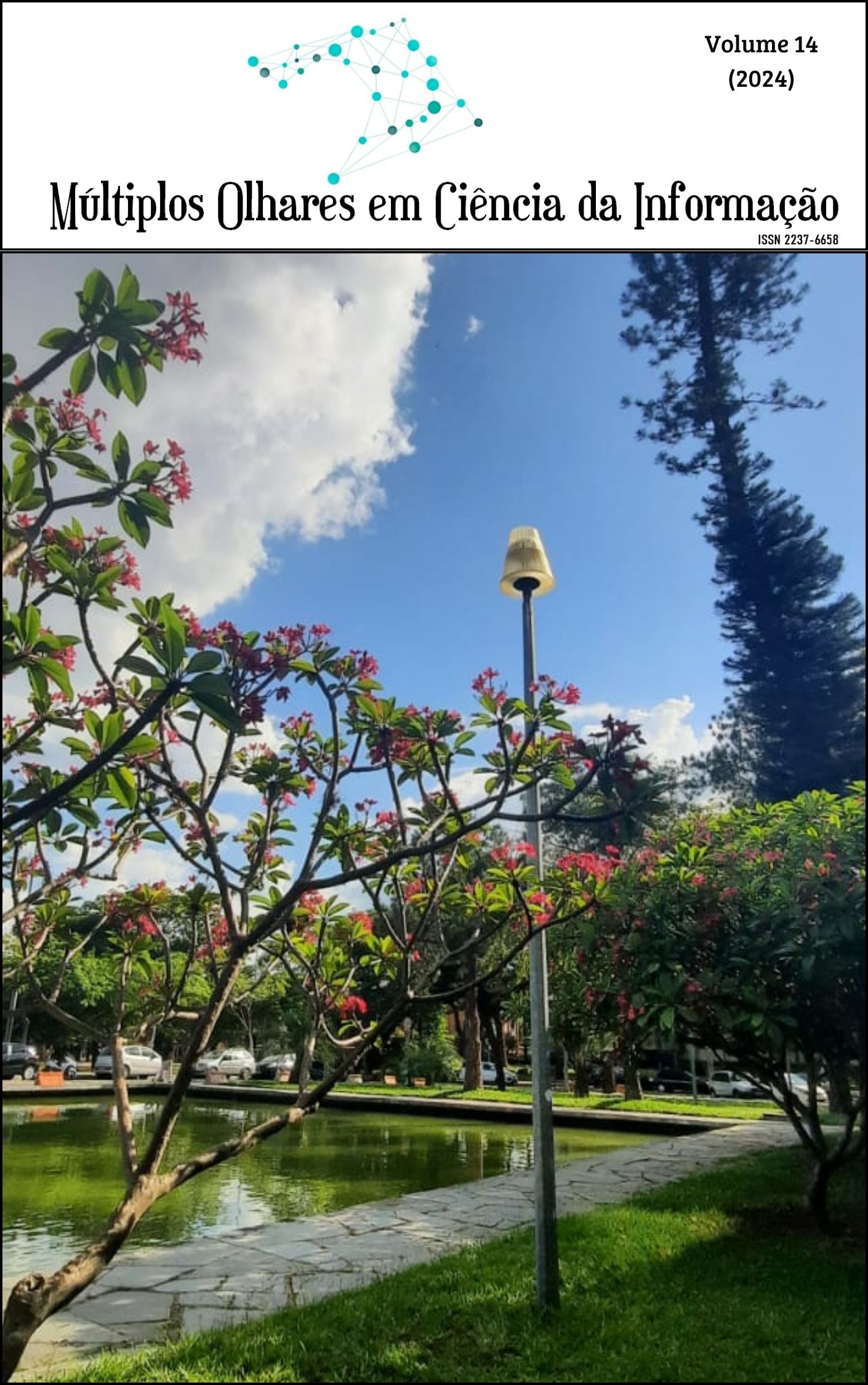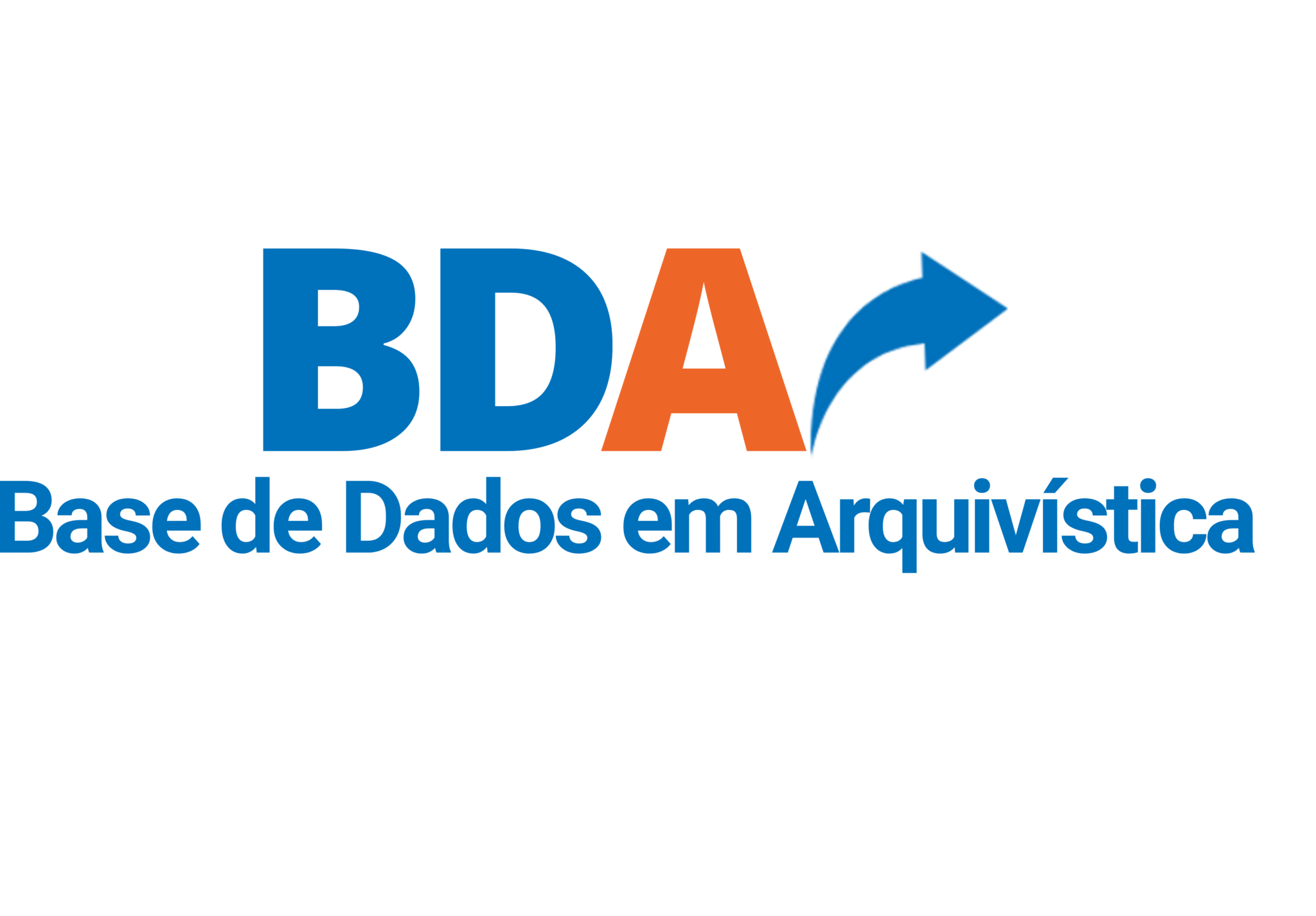Knowledge Engineering and Information Science applied to Imagetic Digital Objects in the Data Age
DOI:
https://doi.org/10.35699/2237-6658.2024.51378Keywords:
Knowledge Organization, Data Age, Imaging Digital Objects, Knowledge Engineering, Information ScienceAbstract
The role of Knowledge Engineering, as a multidisciplinary scientific area, in light of theories and practices in data mining and curation, Knowledge Organization, computer programming, system development, and Artificial Intelligence. Knowledge Engineering establishes itself socially, in an applied manner, in response to contributions, to foster the Data Age. The research at hand aims to analyze Imagetic Digital Objects as part of the Datafication movement in the context of Big Data, as well as to characterize a repertoire of processes in Knowledge Engineering: especially those that border on knowledge and practices in Information Science. To meet this objective, an essayistic methodology was chosen, systematically gathering and analyzing sources of information through scientific procedures of content analysis. The discussion suggests that digital media act as a propellant for the proliferation of Imagetic Digital Objects, corroborating with the phenomenon of Big Data; a scenario in which Knowledge Organization (as a process in Knowledge Engineering, supported by principles common to Information Science) operates to methodize the chaining and enable the retrieval and dissemination of digital data.
Downloads
References
ARAÚJO, C. A. A. O que é ciência da informação. Belo Horizonte: KMA, 2018.
BARDIN, L. Análise de conteúdo. São Paulo: Edições 70. 2011.
BORKO, H. Information Science: What is it? American Documentation, v.19, n.1, p.3-5, jan. 1968. Disponível em: https://edisciplinas.usp.br/pluginfile.php/1992827/mod_resource/content/1/Borko.pdf Acesso em: 10 jan. 2024.
CAPURRO, R. Epistemologia e ciência da informação. In: Encontro Nacional de Pesquisa em Ciência da Informação, 5., 2003, Belo Horizonte. Anais. Belo Horizonte: Associação Nacional de Pesquisa e Pós-Graduação em Ciência da Informação e Biblioteconomia, 2003. Disponível em: http://enancib.ppgci.ufba.br/artigos/GT1--231.pdf Acesso: 10 jan. 2024.
GIL, A. C. Métodos e técnicas de pesquisa social. 6. ed. São Paulo: Atlas, 2008.
INNARELLI, H. C. Cryptex da preservação digital. 1 ed. Curitiba: Appris, 2023.
MARQUES, A. J. Metodología em ciencia dedutiva. Juiz de Fora - MG. Ed. Gráfica Rio Branco. 1999.
MINAYO, M. C. S. SANCHES, O. Métodos Qualitativos e Quantitativos: oposição ou complementaridade? Caderno de Saúde Pública, Rio de Janeiro, v. 9, n. 3, p. 239-262, jul./set. 1993. Disponível em: https://www.scielo.br/j/csp/a/Bgpmz7T7cNv8K9Hg4J9fJDb/?format=pdf&lang=pt Acesso em: 12 jan. 2024.
LÉVY, P. Cibercultura. São Paulo: Editora 34. 1999.
SARACEVIC, T. Ciência da informação: origem, evolução e relações. Perspectivas em Ciência da Informação. Belo Horizonte, v. 1, n. 1, p. 41-62, jan./jun. 1996. Disponível em: https://periodicos.ufmg.br/index.php/pci/article/view/22308 Acesso: 10 jan. 2024.
SCHREIBER, A. Th. et. al. Knowledge engineering and management: the commonKADS metodology. Massachusetts Institute of Technology. 2000.
SHERA, J. Sobre biblioteconomia, documentação e ciência da informação. In: GOMES, Hagar Espanha (org.) Ciência da Informação ou informática? Rio de Janeiro: Calunga, 1980.
SILVA, I. B. S. Recomendações para uma ontologia de domínio no âmbito de objetos digitais imagéticos à luz da Ciência da Informação. 2023. 112f. Tese (Doutorado em Ciência da Informação). Programa de Pós-Graduação em Ciência da Informação da Universidade Federal da Bahia (PPGCI/UFBA). Salvador, 2023. Disponível em: https://repositorio.ufba.br/handle/ri/37408 Acesso em: 12 jan. 2024.
VAN HARMELEN, F. A. H., FENSEL, D. Formal Methods in Knowledge Engineering. Knowledge Engineering Review, 10(4), 345-360. 1995. Disponivel em: https://doi.org/10.1017/S0269888900007554 Acesso em: 13 jan. 2024.
WITTEN, I. H. EIBE, F. HALL, M. A. Data mining: practical machine learning tools and techniques. Ed. Morgan Kaufmann, 3rd ed. 2011.
Downloads
Published
Issue
Section
License
Copyright (c) 2024 Ismaelly Batista dos Santos Silva, Hildenise Ferreira Novo

This work is licensed under a Creative Commons Attribution 4.0 International License.
Autores que publicam na Revista Múltiplos Olhares em Ciência da Informação mantêm os direitos autorais e concedem à revista o direito de primeira publicação, com o trabalho simultaneamente licenciado sob a Licença Creative Commons Attribution que permite o compartilhamento do trabalho com reconhecimento da autoria e publicação inicial nesta revista. Contratos adicionais poderão ser assumidos, separadamente, pelos autores, para distribuição não-exclusiva da versão do trabalho publicada nesta revista (exemplo: publicar em repositório institucional ou como capítulo de livro), com reconhecimento de autoria e publicação inicial nesta revista.









